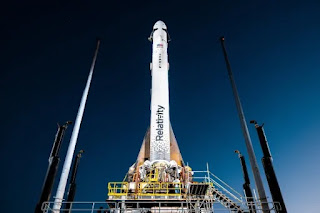
China Calls for Global AI Governance Body at Shanghai Summit China has formally proposed the creation of a global governing body to oversee the development and regulation of artificial intelligence, calling for a unified framework under the leadership of the United Nations. The proposal was made during the World Artificial Intelligence Conference (WAIC) held in Shanghai, which brought together policymakers, industry leaders, and researchers from around the world. Chinese Premier Li Qiang emphasized the urgent need for international cooperation to ensure the safe, ethical, and inclusive development of AI technologies. In his keynote address, he stated that AI has reached a critical inflection point, where global collaboration is essential to prevent misuse, mitigate bias, and ensure access for developing nations. He urged countries to work together to develop common standards, safeguards, and open mechanisms for innovation. China’s proposal centers on establishing a formal international...

.jpg)
